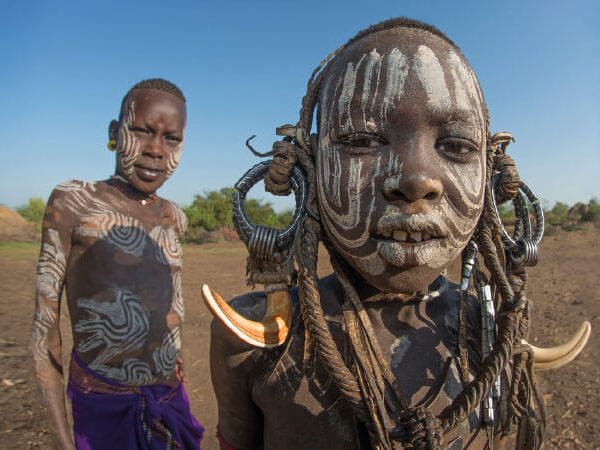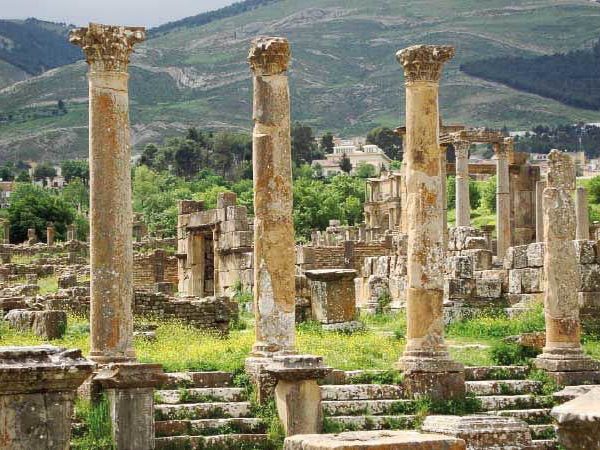Sudan - From the Nile to the Red Sea
A comprehensive trip through the vast country of Sudan, taking in its impressive archaeological treasures and extraordinary landscapes, as well as spending time with traditional ethnic groups in the remote deserts.
We unearth the secrets of this little visited part of the Nile Valley and find remnants of past civilisations, including the forgotten royal pyramids of Meroe and mysterious man-made structures – possibly the oldest of their kind in sub-Saharan Africa. We camp under the African sky, immersing ourselves in Sudan’s vast desert wilderness, and experience the stunning range of landscapes that exist here. Our expedition takes us through secret valleys, oases and volcanic fields, revealing rock art dating back millennia, holy mountains and elaborate temples dedicated to the gods. Throughout our journey we have numerous opportunities to interact with Sudan’s people, gaining an insight into the life of desert dwelling nomads, whose traditions haven’t changed for centuries. We visit colourful villages and spend time in a typical Nubian home, experiencing the warm hospitality of the people here.
As well as Sudan’s western region and well renowned archaeological sites, we also venture into the little visited eastern desert. This is the home of the Beja people, who rarely encounter outsiders and live very traditional lives, and we spend time meeting them and learning about their unique culture, as well as exploring the remote hills and valleys in search of rock art.
This part of the world is very much overlooked and overshadowed by the better-known Egypt. With a rich heritage and archaeological wonders to rival its neighbour, we feel that Sudan deserves far more recognition than it currently receives. Join us and discover its delights for yourself.















